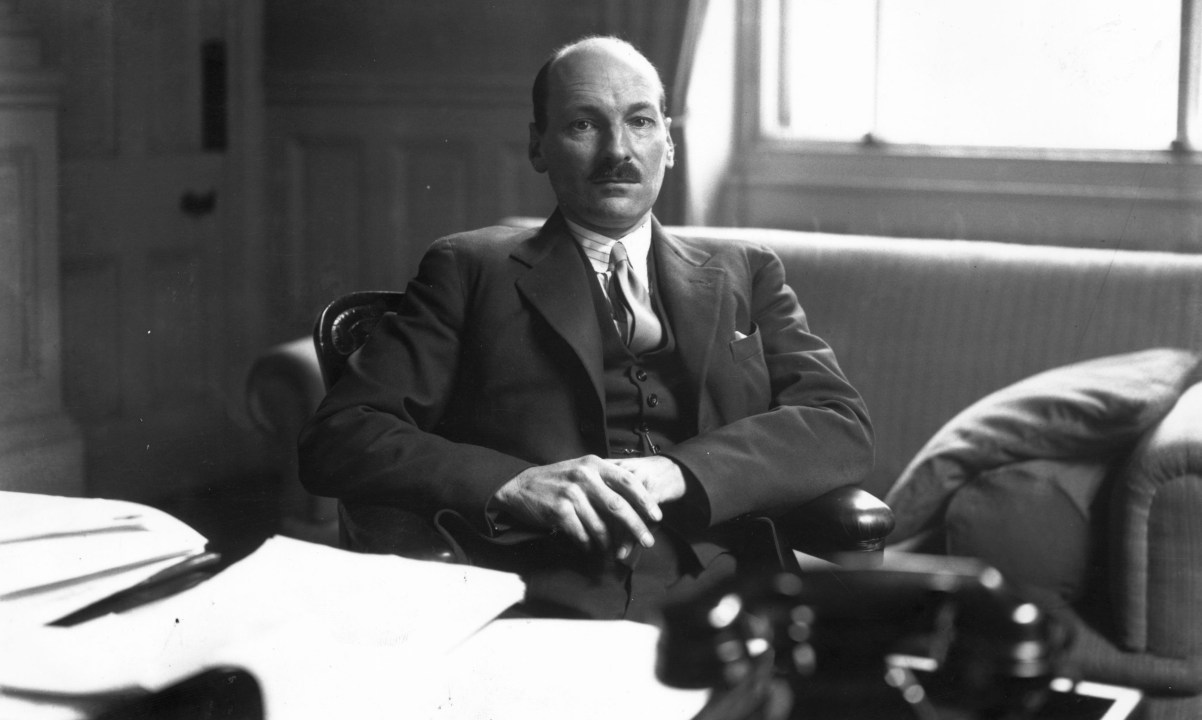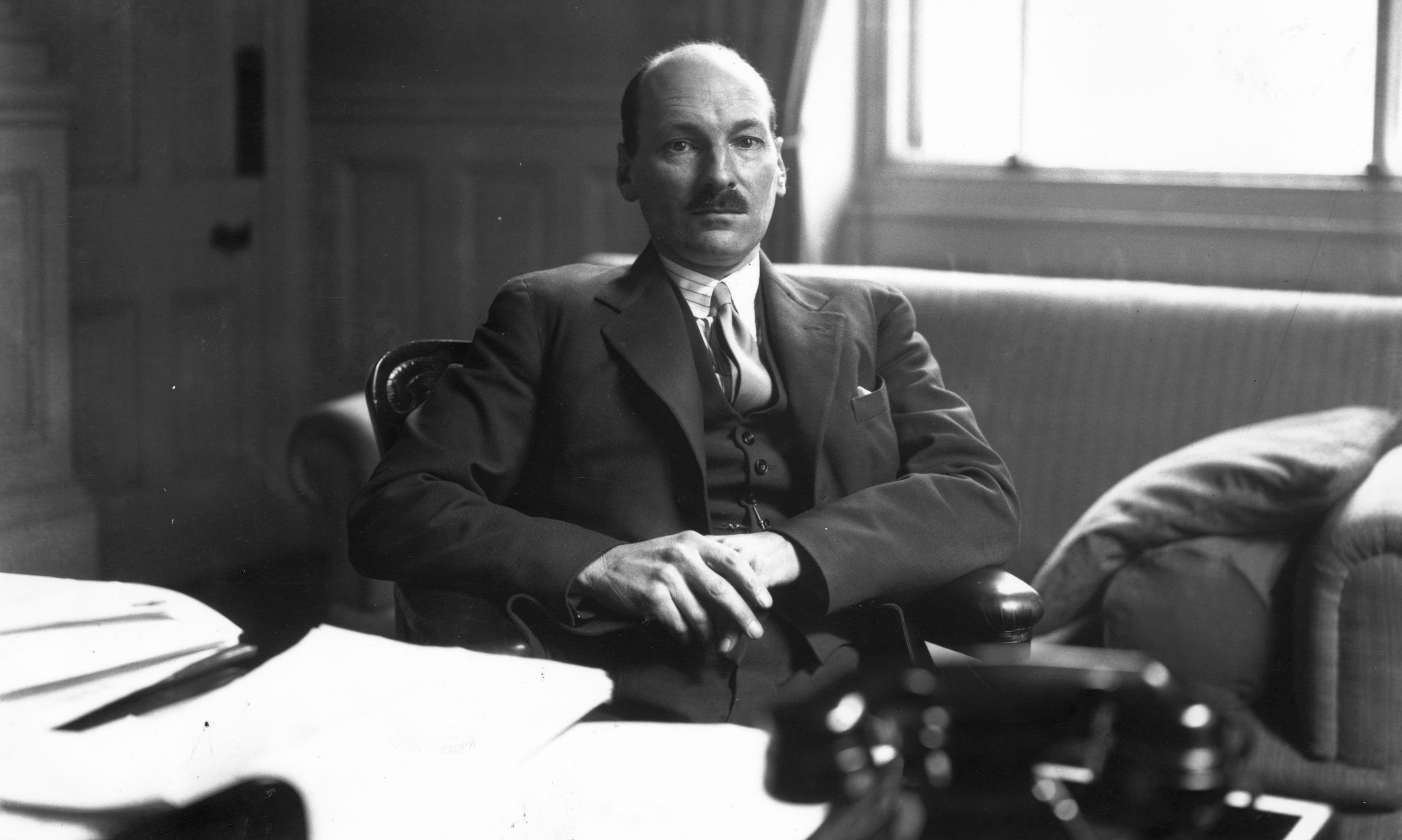Crises often exhaust the capacity of governments to renew themselves. All consuming problems do not allow prime ministers to have what Walter Bagehot called ‘mind in reserve’ — and yet future success at the polls depends on it.
The vast achievements of the postwar Labour government were largely built on the work of a Liberal in the form of the 1942 Beveridge Report, which most notably recommended a National Health Service. But Attlee was unable to create a new vision of his own during an era of crippling rationing and economic strife. Labour went from winning their first overall majority in 1945 to a very slim majority in 1950. Churchill’s Conservatives were returned to power within a year.
The monetarist reforms of the Thatcher era were first tried under Jim Callaghan yet the economic crisis of the late 1970s consumed his government, allowing the renewing vision of the Conservatives to shape the following decades. Michael Gove’s speech on reforming government drew on lessons from historical crises. Like the Attlee government before it, the current government recognises their ‘obligation… to build back better’ after the ‘shared sacrifice’ endured by the country.
The Johnson government is keen to learn from earlier crises
For all that they undermine governments, crises also have the capacity to modernise the state. One of the lessons from the Covid pandemic is the usefulness of bringing people from outside Whitehall. Kate Bingham, for example, temporarily left her job as a venture capitalist to join the UK’s Vaccine Taskforce.
The Johnson government is keen to learn from earlier crises. The ‘Declaration on Government Reform’, co-signed by cabinet ministers and permanent secretaries, reveals that all senior appointments will be open to public competition by default and there will be ‘flexibility to suit those who want to build a career in government and those who want a shorter tour of duty.’ These are significant changes.
The second world war saw an influx of external talent brought in to mobilise the state. But soon after the war ended, there was a mass exodus of these so-called ‘irregulars’. Some top people stayed and were a success like Richard ‘Otto’ Clarke, who went on to spend 20 years at the Treasury and rose to become its second permanent secretary. Others like Oliver Franks, philosopher and foreign policy expert, were quickly called back after a short return to academia. Franks served as British Ambassador to the United States between 1948 and 1952.
Keeping talented ‘irregulars’ in the civil service was not an issue that the Attlee government devoted much energy to. Perhaps as Labour initially approached their domestic programme with a wartime-like attitude, they were incredibly swift in enacting key reforms. Attlee and his cabinet knew how to drive the machinery of government. Nevertheless, external talent was lost.
Finally, if the Johnson government is to deliver on the obligations it believes are owed then there needs to be an attempt to change the culture of the civil service. This is something Dominic Cummings was aware of — culture trumps strategy. Only so much culture change can be achieved by flogging the system. Gove said in a recent speech he regretted that earlier civil service reforms had been ‘seen as something that’s been driven by politicians against the mulish opposition of bureaucrats.’ He recognised the necessity of building a guiding coalition between politicians and officials if the government is to rise to the task of ensuring a successful post-pandemic recovery.
Remedial rhetoric does matter — but as the great reformer of government during the Thatcher years, Derek Rayner, affirmed: ‘Cultural changes are not brought about even by good desires. They’re brought about by acquiring new habits and being able to observe that those new habits are effective.’







Comments